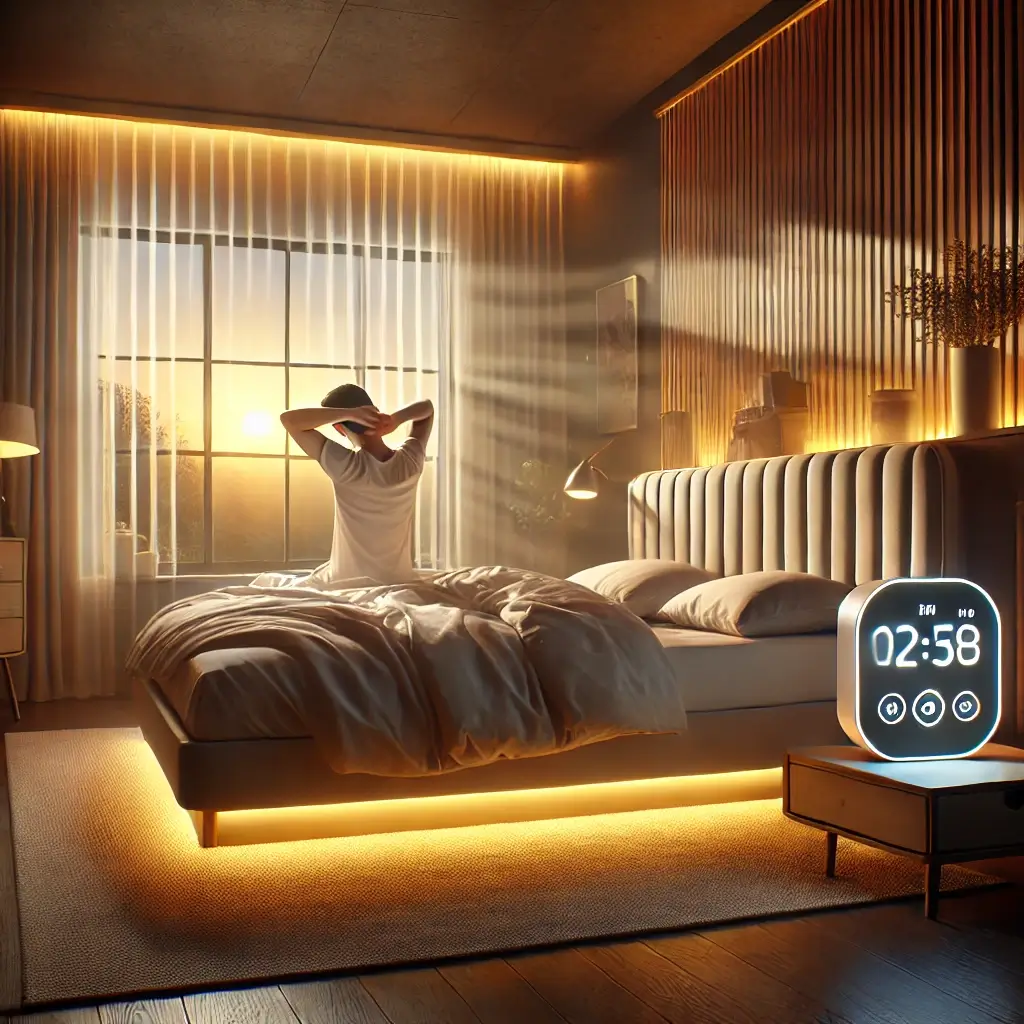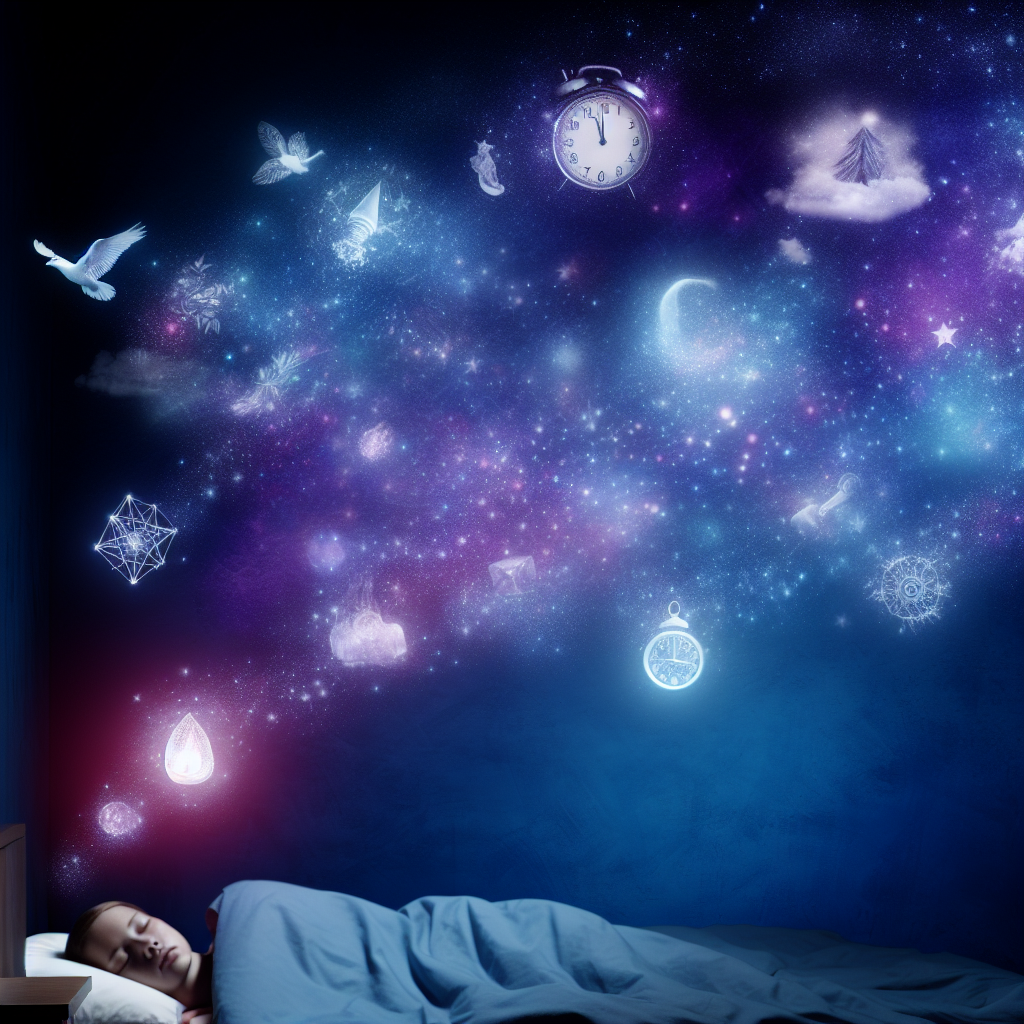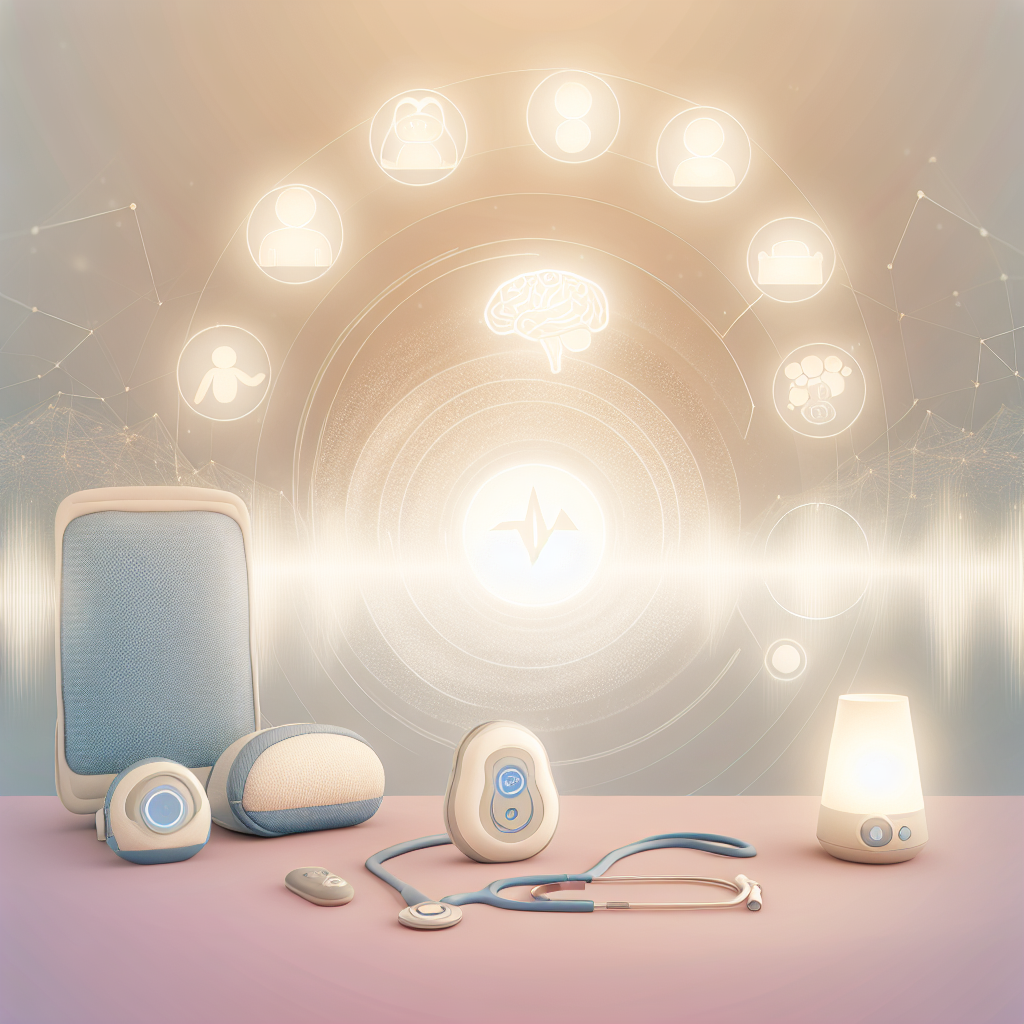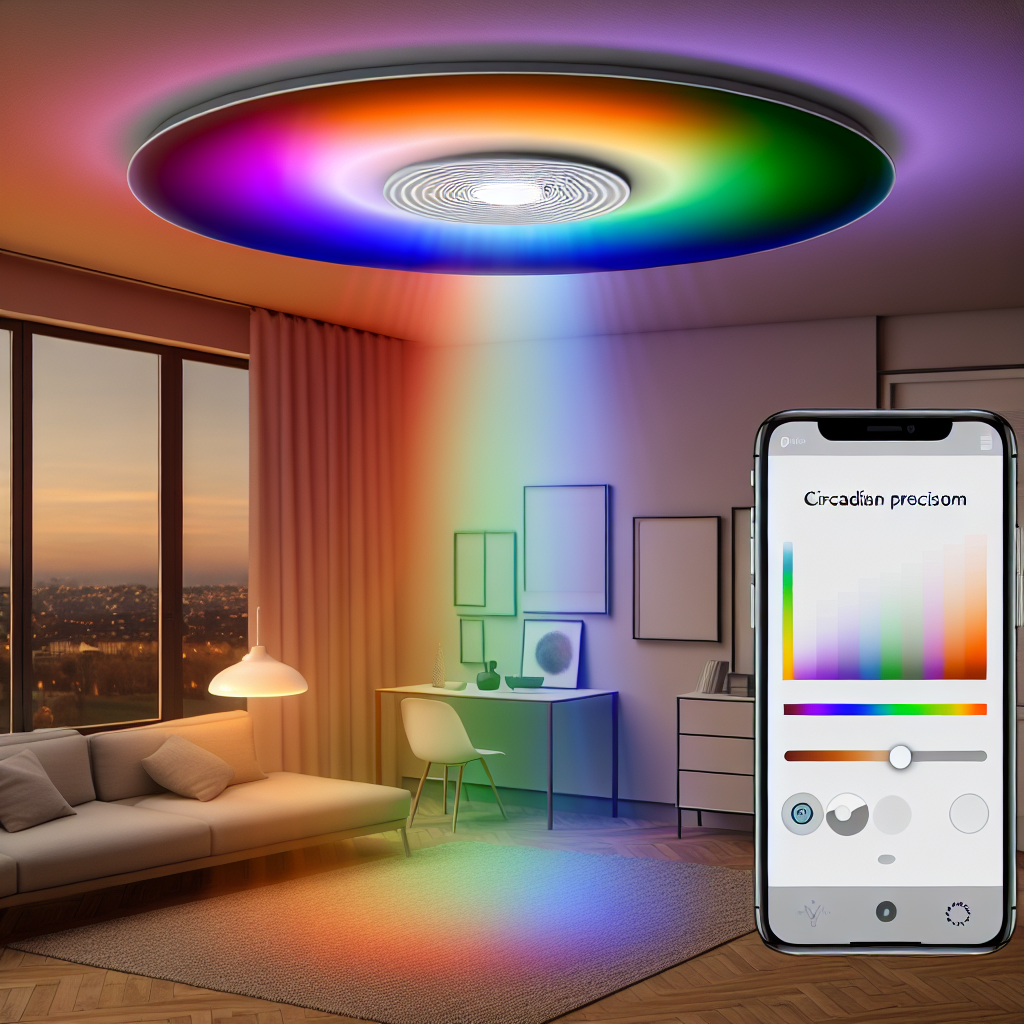The Impact of Morning Alarms on Daily Well-being
The morning alarm is often the least welcome sound of the day, jarring us awake and forcing a rapid transition from restful sleep to wakefulness. For many, this harsh start sets a negative tone for the day. Traditional alarms, with their sharp and abrupt sounds, fail to align with the body’s natural rhythms, leaving individuals feeling groggy and irritable. Enter smart wake-up light alarms—a revolutionary alternative designed to simulate the gentle progression of a sunrise. These devices combine light therapy and advanced technology to provide a more natural waking experience, potentially enhancing mood, energy levels, and overall health.
Understanding the Natural Wake-up Process
Smart wake-up light alarms work by gradually increasing light intensity before the set wake-up time, triggering biological responses in the body that prepare it for waking. This approach taps into the science of circadian rhythms—the body’s internal clock responsible for regulating sleep and wakefulness. Research suggests that exposure to light in the morning can suppress melatonin, the sleep hormone, while stimulating cortisol, the hormone associated with alertness and energy.
The Growing Importance of Sleep Health Technology
As sleep health becomes an increasingly critical focus in the realm of personal well-being, these devices are gaining popularity. This article delves into the science behind smart wake-up light alarms, reviews relevant medical studies, and highlights why these innovative gadgets are worth considering for a brighter, healthier start to the day.
Scientific Foundations of Light-Based Wake-up Technology
The foundation of smart wake-up light alarms lies in light therapy and its impact on the circadian rhythm. This natural rhythm is heavily influenced by environmental light, particularly during the early morning hours. The exposure to light suppresses melatonin production, signaling the body that it is time to wake up and begin the day.
Research Supporting Light-Based Wake-up Methods
A pivotal 2015 study published in Behavioral Sleep Medicine explored the effects of light therapy alarms on sleep quality and mood. Participants using these devices reported significant improvements in their mood and overall alertness compared to those using traditional alarms. The gradual increase in light intensity mimicked a sunrise, allowing the body to adjust to wakefulness more naturally (Schreiner & Zhdanova, 2015).
Broader Applications of Light Therapy
Similarly, a 2019 review in Frontiers in Neuroscience examined the broader applications of light therapy, including its role in mitigating symptoms of depression and sleep disorders. The review highlighted that light therapy for improving morning alertness and mental well-being holds promise not only for improving morning alertness but also for promoting mental well-being (Cajochen et al., 2019).
Key Benefits for Mood and Energy
Light therapy’s impact on mood and alertness is well-documented. By simulating sunrise, these alarms help reduce sleep inertia—the groggy feeling experienced immediately after waking. Morning light exposure has also been linked to increased serotonin levels, a neurotransmitter crucial for mood regulation.
Impact on Sleep Quality
By aligning the waking process with the body’s natural rhythms, smart wake-up light alarms can lead to better sleep quality overall. This alignment may also aid those with irregular sleep patterns, such as shift workers or individuals experiencing jet lag.
Seasonal Affective Disorder Treatment
For individuals affected by SAD, a condition linked to reduced sunlight exposure during the winter months, wake-up light alarms for seasonal affective disorder can provide much-needed light therapy. Devices like the Philips Wake-Up Light are particularly beneficial, offering customizable light intensity to mimic natural sunlight.
Available Smart Wake-up Light Options
The market for smart wake-up light alarms offers a variety of options catering to different needs and budgets: Philips Wake-Up Light, Hatch Restore, and Lenovo Smart Clock Essential.
Final Thoughts on Smart Wake-up Technology
Smart wake-up light alarms provide a modern solution to an age-old problem: how to wake up refreshed and ready for the day. By harmonizing wake-up routines with the body’s natural processes, these devices offer significant health benefits, including improved mood, enhanced energy levels, and better sleep quality. While ongoing research continues to uncover the full scope of their advantages, existing evidence strongly supports their efficacy.
Making the Right Choice
For those looking to transform their mornings, investing in a smart wake-up light alarm may be a step toward better overall health and well-being. As you explore the options available, consider factors like light spectrum, additional features, and price to find a device that suits your needs.
Research Citations
Schreiner, I., & Zhdanova, O. V. (2015). Light therapy for improving sleep quality in healthy adults. Behavioral Sleep Medicine.
Cajochen, C., Frey, S., Anders, D., Späti, J., Bues, M., Pross, A., Mager, R., Wirz-Justice, A., & Stefani, O. (2019). Evening exposure to a light-emitting diode (LED)-backlit computer screen affects circadian physiology and cognitive performance. Frontiers in Neuroscience.

Dominic E. is a passionate filmmaker navigating the exciting intersection of art and science. By day, he delves into the complexities of the human body as a full-time medical writer, meticulously translating intricate medical concepts into accessible and engaging narratives. By night, he explores the boundless realm of cinematic storytelling, crafting narratives that evoke emotion and challenge perspectives.
Film Student and Full-time Medical Writer for ContentVendor.com




